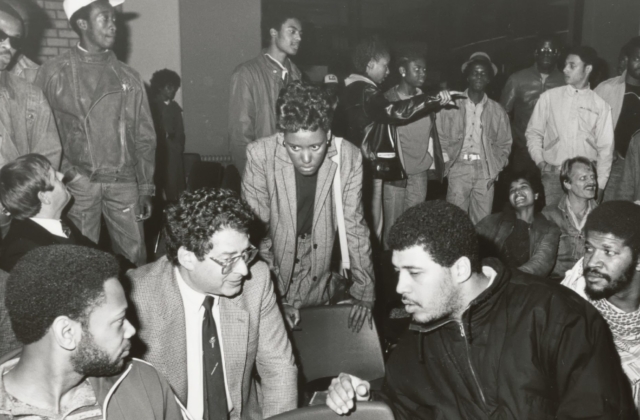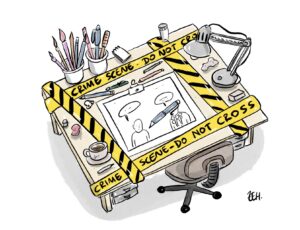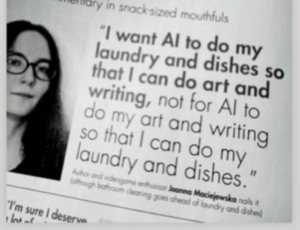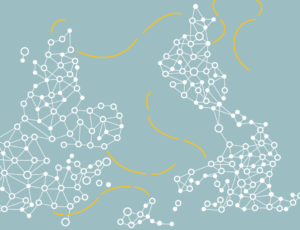
Hear me out! Citizen-state relations in the city
NIAS Talk
About the Program
How can citizens of Amsterdam increase their say in the city’s development? Democratization, representation and inclusivity are high on the political agenda of public officials in Amsterdam. Although the intention is to let citizens have their say in certain policy matters, and to create communication lines between citizens and governmental organizations, this is easier said than done. How are processes of democratization played out in different scenarios of citizen engagement and participation?
In this NIAS Talk we explore what contemporary urban citizenship means, in light of the increasing emphasis on democratization within the Dutch, and specifically Amsterdam’s, political agenda. Together with Urban Citizenship Fellows Nanke Verloo, Anouk de Koning and Markha Valenta we investigate how the relation between citizen and state takes shape today, focusing specifically on the Dutch capital. In 2020-2021 these three social scientists carry out research on the topic of the democratization of local democracy. What do citizen-state relations look like in what is often called the ‘participation society’? What are the limits to democratization and what does this mean for contemporary citizenship?
About the speakers
Anouk de Koning is Associate Professor in Cultural Anthropology at Leiden University. In her research at NIAS, De Koning focussed on the ways in which local welfare policymakers and street-level professionals shape the relation between citizens and state. This research shows that welfare institutions and professionals need to be considered in processes of democratization. Read her open source essay ‘Democratie in uitvoering’here.
Nanke Verloo is Assistant Professor of Urban Planning at the University of Amsterdam. Verloo is specialised in conflict, citizen participation and urban democracy. At NIAS, she studied how protest and dissent can be treated as necessary elements of an inclusive democratization agenda for the City of Amsterdam.
Markha Valenta is Assistant Professor at University College Utrecht. Valenta’s work takes shape at the intersection of politics, anthropology and history, focussing on forms of public religion, citizenship and social movements by denigrated minorities. She is currently working on the project The Citizenship of the Non-Citizen. How does Amsterdam give shape to the citizenship of the undocumented migrants, and how are they approached as inhabitants of the capital?
Rutger Groot Wassink is Alderperson and Deputy Mayor of the Municipality of Amsterdam and member of the political party Groenlinks. Since 2018 he is responsible for Social Affairs, Democratisation, and Diversity. He is one of the initiators of the Urban Citizen Fellowship.
Caroline Nevejan is Chief Science Officer of the City of Amsterdam and Professor by special appointment at the University of Amsterdam, where she focusses on Designing Urban Experience. As Chief Science Officer Nevejan oversees that civil servants and researchers can find each other and invent different new ways of working together.
Jan Willem Duyvendak (moderator) is Director of NIAS and Distinguished Research Professor of Sociology at the University of Amsterdam.
About the Urban Citizen Fellowship
Together with the Municipality of Amsterdam the Urban Citizen Fellowship is set up to stimulate the use of advanced research in political deliberation and public policy making for the city of Amsterdam. At the end of their fellowship, the scholars formulate an advise that contributes to the development of citizenship in Amsterdam.
About SPUI25
This program is hosted by SPUI25, the academic-cultural podium of Amsterdam. The programming of SPUI25 builds a bridge between science, the arts and society.
For more information and registration go to www.spui25.nl



